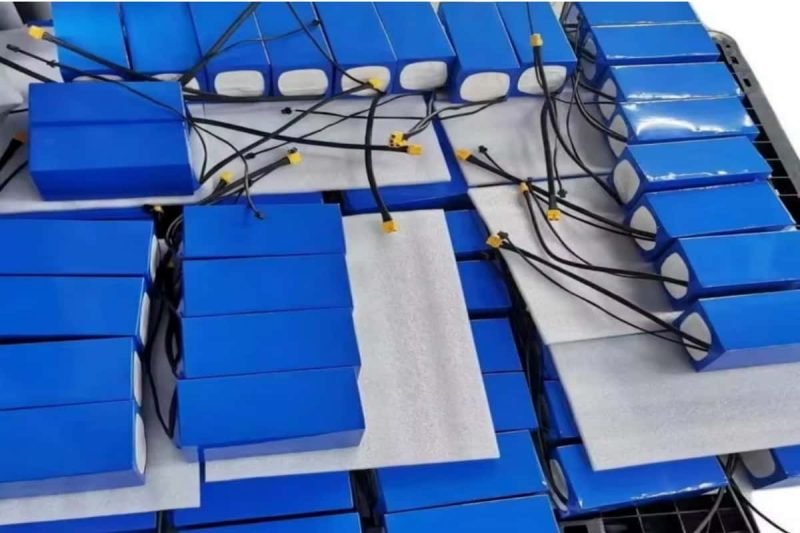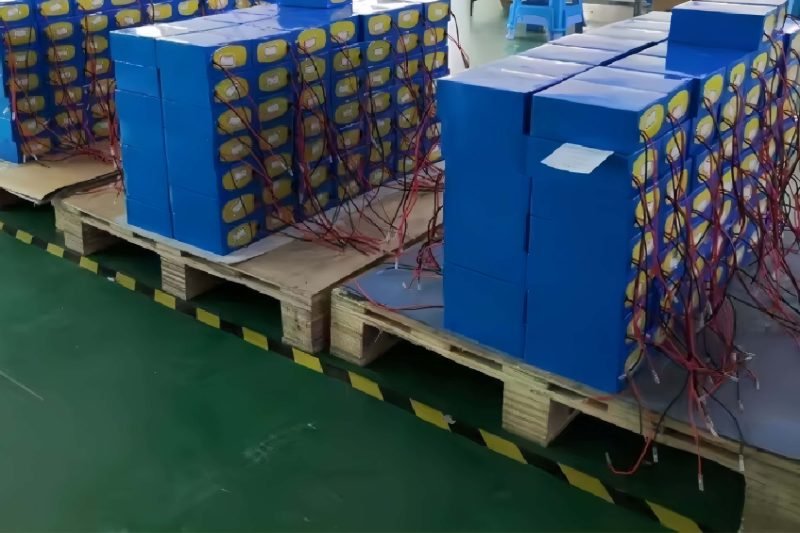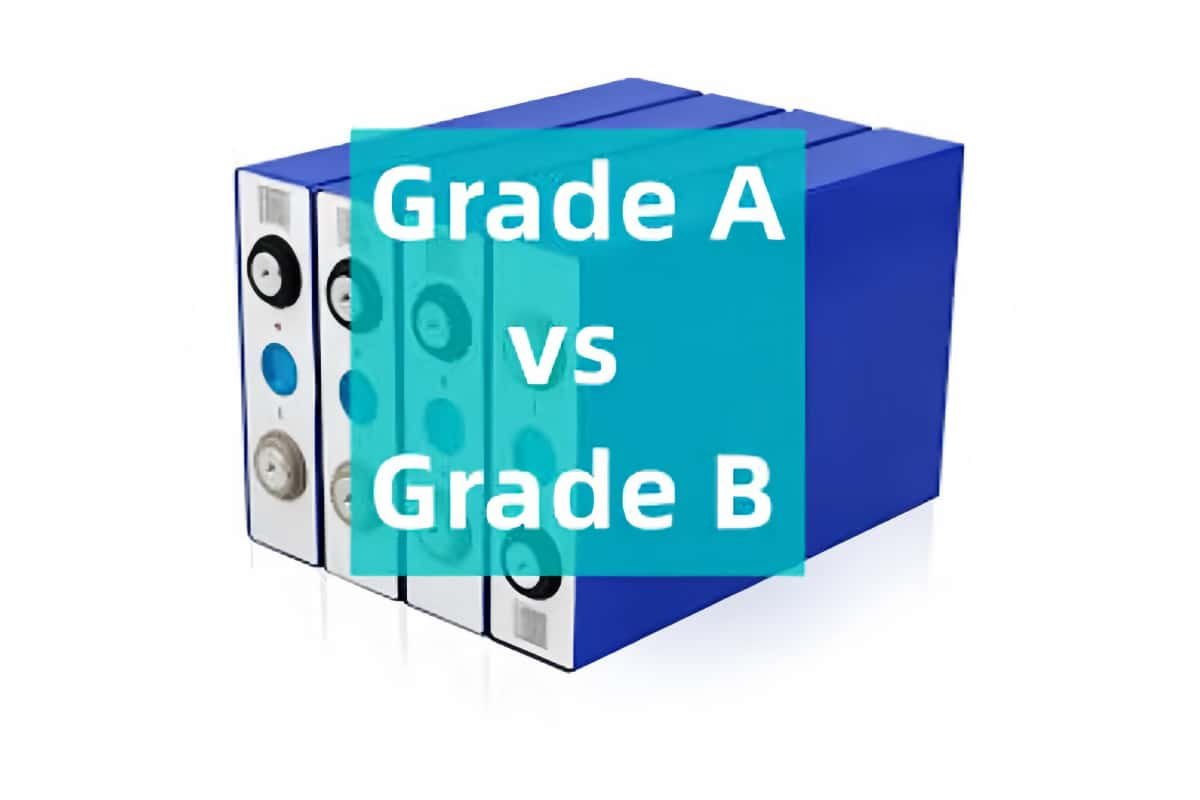Battery cell—What’s the difference between Grade A and B battery?
In today’s market, various battery types and qualities exist, with battery cell grading being a crucial factor affecting performance. You might have encountered terms like “Grade A cells” or “Grade B cells” in product specifications or discussions with suppliers. Many customers are often confused about these classifications, especially regarding the definition and standards of “Grade A cells.” This article aims to clarify battery cell grading, focusing on what constitutes a Grade A battery cell, to help you better understand battery quality and make informed purchasing decisions.
1. Battery Cell Grading
After production, battery cells undergo rigorous tests, including capacity testing, internal resistance testing, and charge/discharge performance testing. Based on these results, along with visual inspections, cells are assigned different grades. Common grades include A, B, and C, and some manufacturers may even use a D grade. It’s important to note that there isn’t a universally standardized cell grading system; each manufacturer may have internal standards. Therefore, cell grading is not an absolute science but rather a relative concept.

2. What are Grade A Battery Cells?
Grade A cells represent the highest quality standard. They excel in all aspects:
- Technical Parameters: Capacity, voltage, internal resistance, charge/discharge rates, and other technical parameters strictly meet or exceed standard requirements.
- Appearance: The cells are visually flawless, with no apparent scratches, deformations, swelling, or other defects.
- Performance: They exhibit excellent cycle life, high energy density, stable charge/discharge performance, and good safety characteristics.
- Production: Grade A cells are typically custom-ordered by large battery manufacturers directly from cell manufacturers and produced according to stringent order specifications, ensuring product consistency and reliability.
Grade A cells are the preferred choice for manufacturing high-end battery products and applications with demanding performance and safety requirements, such as electric vehicles, premium power banks, and medical equipment.
3. What are Grade B Battery Cells?
Grade B cells perform slightly below Grade A but can still meet the needs of some applications:
- Performance Differences: Grade B cells typically have an efficiency of 80-90% compared to Grade A. There might be minor deviations in capacity, internal resistance, and charge/discharge performance.
- Cosmetic Imperfections: They may have slight cosmetic imperfections, such as minor scratches or dimensional variations, but these do not affect functionality.
- Defect Rate: In the cell manufacturing process, a certain percentage of defective products is inevitable. Some of these, with still acceptable performance, are categorized as Grade B.
- Storage Impact: It’s sometimes said that Grade A cells stored in a warehouse for an extended period (e.g., 3-6 months) without being shipped may be downgraded to Grade B. This is mainly due to the potential for slight performance degradation during long-term storage.
Grade B cells are usually less expensive than Grade A, making them suitable for applications where performance requirements are less stringent, such as some mid-to-low-end electronic devices and backup power supplies.
4. What are Grade C Battery Cells?
Grade C cells represent the lowest quality grade:
- Subpar Performance: They show significant differences in energy storage, charge/discharge efficiency, and cycle life compared to Grade A and B cells.
- Notable Issues: They are prone to issues like swelling and leakage after extended storage or use, exhibiting poorer safety characteristics.
- Storage Impact: If Grade B cells are stored for too long (e.g., over 8 months), they are likely to be downgraded to Grade C.
Using Grade C cells is generally not recommended due to their unreliable performance and safety.

5. What Grade f Battery Cells Does Lefu Use?
Lefu is committed to providing high-quality products and, therefore, maintains stringent standards for battery selection. All Lefu products use Grade A cells to ensure outstanding performance, long lifespan, and reliable safety. We have established long-term, stable partnerships with several famous cell suppliers (BYD, EVE, etc.) and conduct rigorous quality inspections on every batch of cells to control product quality from the source.
Conclusion
Understanding lithium-ion battery cell grading helps consumers make more informed decisions when purchasing batteries or battery-powered products. When choosing a product, select the appropriate cell grade based on your needs and budget. If you prioritize performance and safety, choosing products with Grade A cells is undoubtedly the best option.
I hope this article helps you better understand lithium-ion battery cell grading. If you have any further questions, please feel free to ask. Besides, we can provide some methods to distinguish grade A batteries from grade A batteries, if you are interested in this, you can also contact us.

